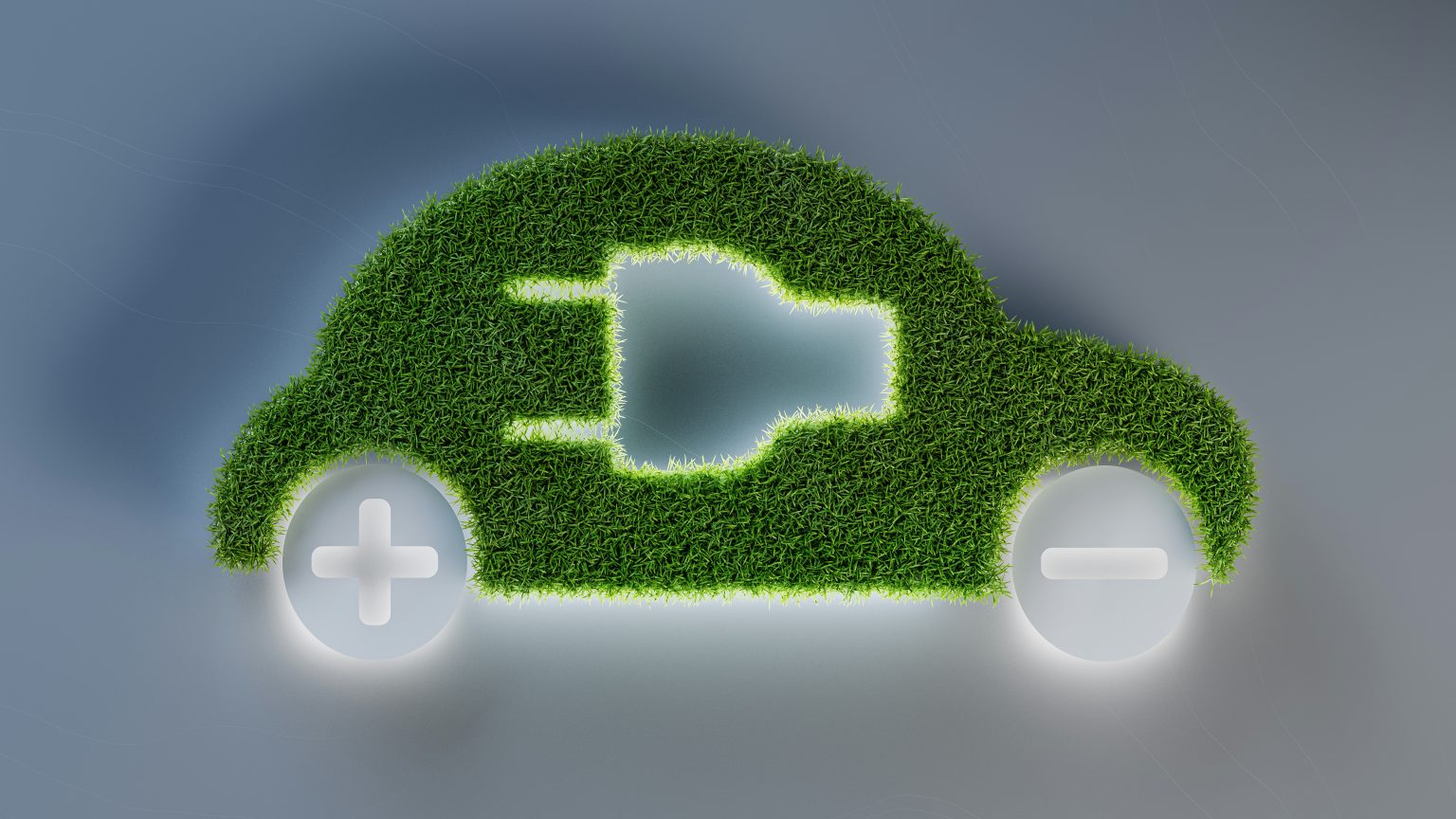Electric vehicles seemed like a niche interest five years ago. Now they’re everywhere: supermarket car parks, motorway service stations, even the street outside has three. The shift happened faster than most people expected, and leasing appears to be driving much of this adoption.
The numbers tell an interesting story. While overall new car sales have remained relatively flat, electric vehicle registrations keep climbing. A significant proportion of these aren’t purchases –they’re leases. There are solid reasons why people choose this route for electric cars specifically.
Technology Moves Too Fast for Ownership
Battery technology improves dramatically every eighteen months. Range increases, charging speeds double, prices drop. Buying an electric car today means owning yesterday’s technology within a couple of years. That £35,000 EV with 250-mile range will look distinctly average when next year’s models offer 400 miles for similar money.
Petrol cars don’t face this problem: a 2020 diesel engine performs roughly the same as a 2024 version. Electric vehicles operate more like smartphones or laptops, where rapid development makes older models feel obsolete quickly. Leasing sidesteps this issue entirely. When the lease ends, simply move to whatever represents the current best practice.
Upfront Costs Remain Prohibitive
Electric vehicles cost significantly more than equivalent petrol models. That price gap is narrowing, but it’s still substantial. A family hatchback might cost £25,000 in petrol form versus £38,000 as an electric. Finding that extra £13,000 upfront puts EVs beyond many household budgets.
Leasing transforms the economics completely by passing to more convenient monthly payments. Suddenly electric becomes accessible to families who want the lower running costs and environmental benefits but lack the capital for outright purchase.
Infrastructure Uncertainty Favours Flexibility
Charging networks are expanding rapidly but inconsistently. Which providers will dominate? Where will fast chargers be located? How will pricing evolve? Nobody knows with certainty. Committing to electric ownership means betting on infrastructure developing favourably.
Leasing reduces this risk considerably. If charging proves more problematic than anticipated, the commitment is finite. Most electric car lease deals run two to four years – a reasonable timeframe to test whether electric works for specific circumstances without a decade-long commitment.
Some lease providers include charging support packages that simplify the experience. Access to multiple charging networks, discounted rates, or even home charger installation as part of the lease arrangement. These bundled benefits make the transition smoother than going it alone.
Maintenance Concerns Disappear
Electric vehicles need less maintenance than petrol cars; no oil changes, fewer brake replacements, simpler drivetrains. However, when things do go wrong, repairs can be expensive and specialist knowledge is required. Not every garage handles EV repairs competently yet.
Leasing typically includes comprehensive warranty coverage throughout the agreement term. Battery degradation concerns, electrical faults, and software issues: they are all covered without additional cost.
Leasing works particularly well for electric cars right now. Technology’s changing too fast to commit long-term, prices are still too high for many budgets, and nobody really knows how the charging infrastructure will develop. People get all the good bits without gambling on how the technology develops over the next decade.


